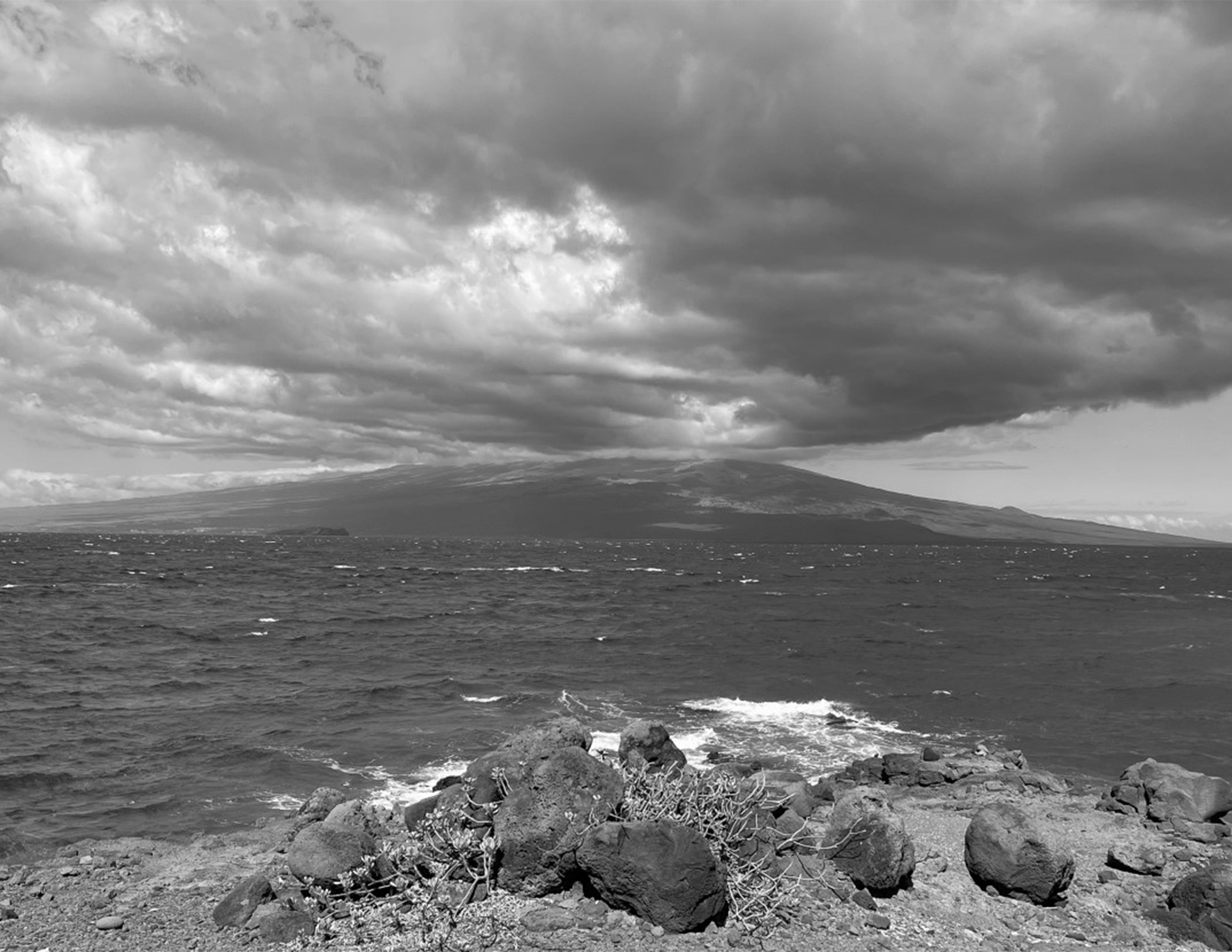Elemental Cartographies in an Era of Climate Change
Where: The Charles E. Young Research Library, Presentation Room 11348

Join UCLA’s Asian American Studies, Center for the Study of Women (CSW), UCLA Departments of English and the Laboratory for Environmental Narrative Strategies (LENS) for “Elemental Cartographies: Mapping Winds in Indigenous Economies of Abundance in an Era of Climate Change,” featuring Candace Fujikane, Professor of English at the University of Hawai’i.
As we bear witness to the wastelanding of the earth by late liberal capital, Kānaka Maoli are recovering ancestral knowledges encoded in oli (chants) and moʻolelo (storied history) to activate the elements and transform the effects of global climate change into possibilities for renewed abundance. In this talk, Candace Fujikane begins with arguments from her recent book, Mapping Abundance for a Planetary Future: Kanaka Maoli and Critical Settler Cartographies in Hawaiʻi, contending that global climate change events are not apocalyptic but rather are bringing about the demise of capitalist economies of scarcity, making way for Indigenous economies of abundance. She will present a preview of her new book, Elemental Cartographies for a Changing Earth. Kanaka Maoli identify 400,000 akua or elemental forms and energies, including the 300 winds of the island of Kanaloa Kahoʻolawe. From 1941 to 1990, the US Navy used the island as a bombing target, with the devastating effect of cracking the water table. In the exhausted cartographies of militarized capital, only 9% of subsurface lands has been cleared of unexploded ordnance. The PKO practitioners, however, have long stood to protect the island, transforming the symbol of the target into a much more generative image of the piko, the umbilicus that enables the people to be pili (connected) to the akua, the kūpuna (ancestors), and to the pulapula (the seedling descendants to come). Ancestral archives of elemental cartographies map the winds of Kanaloa Kahoʻolawe, enabling the greening of the island to attract and birth clouds and to manifest decolonial and abolitionist futures.
Candace Fujikane is professor of English at the University of Hawai’i. She co-edited with Jonathan Okamura Asian Settler Colonialism: From Local Governance to the Habits of Everyday Life in Hawai’i (2008). She has recently published Mapping Abundance for a Planetary Future: Kanaka Maoli and Critical Settler Cartographies in Hawaiʻi (2021). She is a Japanese settler ally who stands for lands and waters in Hawaiʻi and for Hawaiian political independence.
Questions about the event?
Contact Marta Wallien, Programs and Media Manager
mwallien@english.ucla.edu